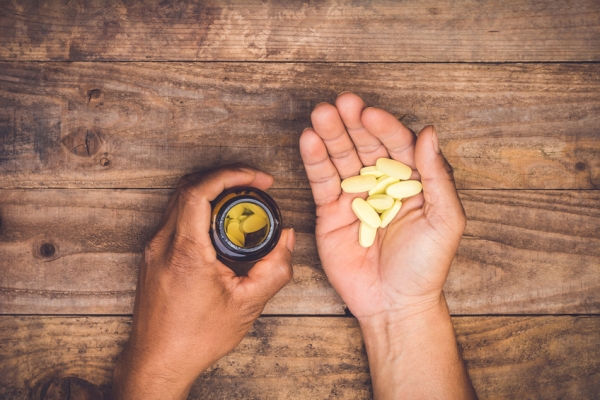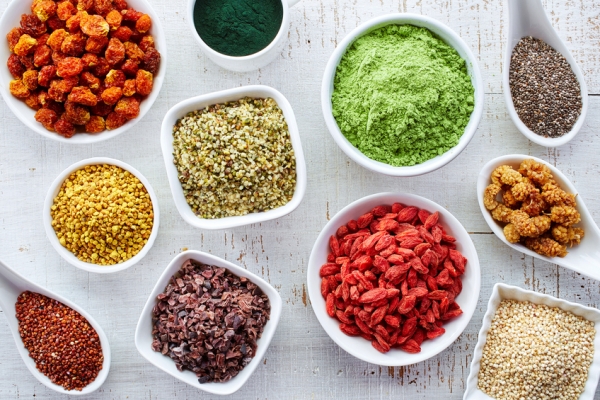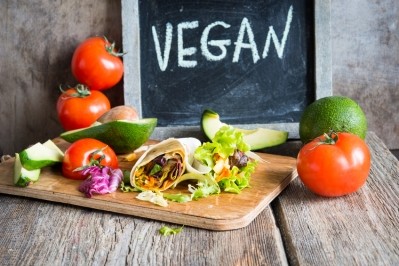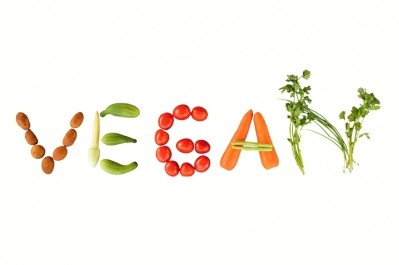Vegans should take vitamin B12 supplements ‘permanently’: German Nutrition Society
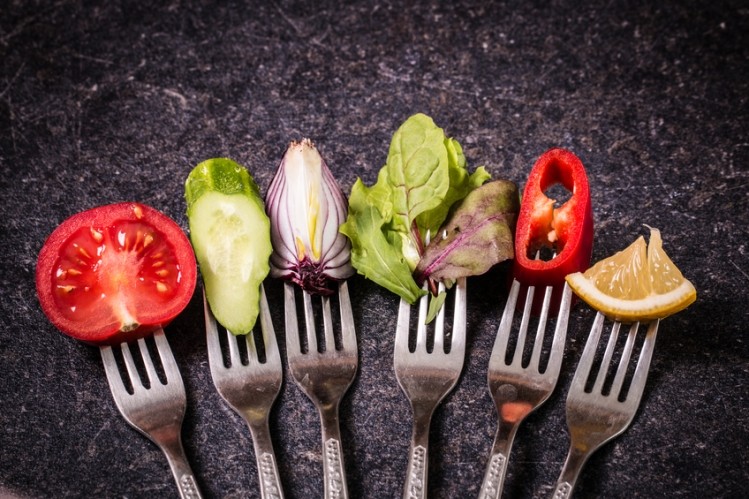
“With a pure plant-based diet, it is difficult or impossible to attain an adequate supply of some nutrients. The most critical nutrient is vitamin B12,” the DGE wrote in its review of scientific literature now cited on the German government’s website.
Other potentially critical missing nutrients include protein, “indispensable” amino acids, long-chain omega-3 fatty acids, vitamins like riboflavin, vitamin D and minerals like calcium, iron, iodine, zinc and selenium.
“Since rejecting any animal foods increases the risk of nutrient deficiencies and thus of health disorders, a vegan diet is not recommended by the DGE during pregnancy or lactation, or for children or adolescents of any age.”
However they said people who do choose to follow a vegan diet should “permanently” take vitamin B12 supplements and have vitamin B12 intakes regularly checked by a physician and “select very specifically nutrient dense foods and fortified foods, in order to ensure supply of nutrients, particularly critical nutrients”.
The report also said vegans should “possibly” have the supply of other critical nutrients regularly checked by a physician.
"Any diet that does not lead to the intake of adequate levels of essential nutrients and energy is unfavourable. The DGE recommends a diet that includes all groups of foods in the nutrition circle - including animal products," it said.
International opinion
The report cited the differing opinions of several international nutrition bodies.
In the past the likes of the US Academy of Nutrition and Dietetics, the Australian National Health and Medical Research Council and the Canadian Paediatric Society have said an appropriately planned vegan diet that includes food supplements and fortified foods is nutritionally adequate and therefore appropriate for individuals during all life stages, including pregnant and lactating women.
"In the opinion of the British Nutrition Foundation a well-planned, balanced vegetarian or vegan diet can be nutritionally adequate. More extreme diets, such as strict macrobiotic and raw food diets, are often low in energy and a range of micronutrients, making them wholly inadequate and inappropriate for children," the report said.
The Portuguese National Programme for the Promotion of a Healthy Diet recommends vegan infants are breastfed beyond the recommended period of six months up to two years during the complementary feeding phase to make sure they receive enough high quality milk protein.
Meanwhile the Nutrition Committee of the German Society of Paediatrics and Adolescent Medicine "rejects" a vegan diet for healthy infants, unless supplements are taken.
Making the impossible possible?
Yet spokesperson for the pan-EU Vegan Society, Jimmy Pierson, told us: “With a little knowledge and planning, rest assured you can get everything you need from a vegan diet for great health.”
He said the British Dietetic Association (BDA) backed this idea.
In 2014 BDA and the Vegan Society signed a Memorandum of Understanding seeking to: “Ensure that medical professionals and service providers know that well-planned plant-based, vegan-friendly diets can be devised to support healthy living at every age and life-stage.”
Pierson said: “A reliable source of vitamin B12 is essential, either from cereals, non-dairy milks, yeast extract or any other foods fortified with B12; or from a supplement.
“And we recommend that everyone in the UK, regardless of diet, considers a vitamin D supplement.”
Fastest growing lifestyle trend
DGE said vegan and vegetarian diets were increasingly popular in the Western world, with the typical vegetarian in this region being female, young, educated and wealthy, living in a city and following a ‘healthy lifestyle’.
It said data of veganism in Germany varied from between 0.1% and 1% of the population, amounting to between 81,000 and 810,000 people following this diet.
According to the Vegan Society, veganism is one of the "fastest growing lifestyles" in Britain with at least 542,000 people following a vegan diet, compared with 150,000 a decade ago.
“More and more people are acting upon the health and environmental benefits of veganism, and becoming more savvy about the realities of animal agriculture and deciding they do not want to contribute to the pain and suffering of animals,” Pierson told us.
He cited the World Health Organisation’s (WHO) report last year, which classified red meat consumption as “probably carcinogenic to humans” and processed meats consumption as “carcinogenic to humans”.
“We know from several major studies that a varied, balanced vegan diet is effective in preventing several cancers, heart disease, type 2 diabetes, and strokes – all serious chronic health conditions,” he added.
“Vegans, on average, also have lower obesity rates than any other dietary group; particularly important as obesity is one of the most serious public health challenges we face, according to the World Health Organisation.”
In a post on the DGE report entitled ‘Vegan diets can have risks’ (translation), the German government said nutrition was a private matter to be decided by the individual.
